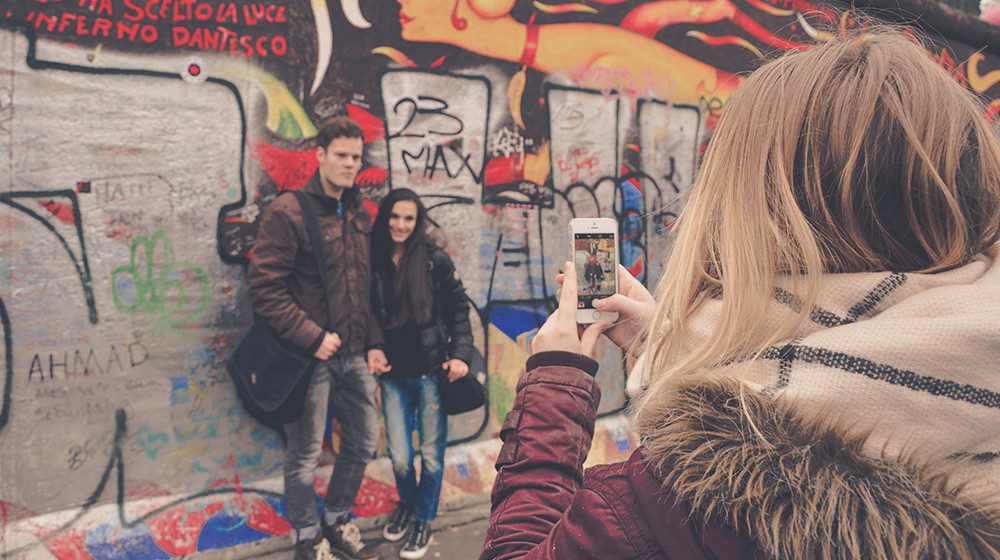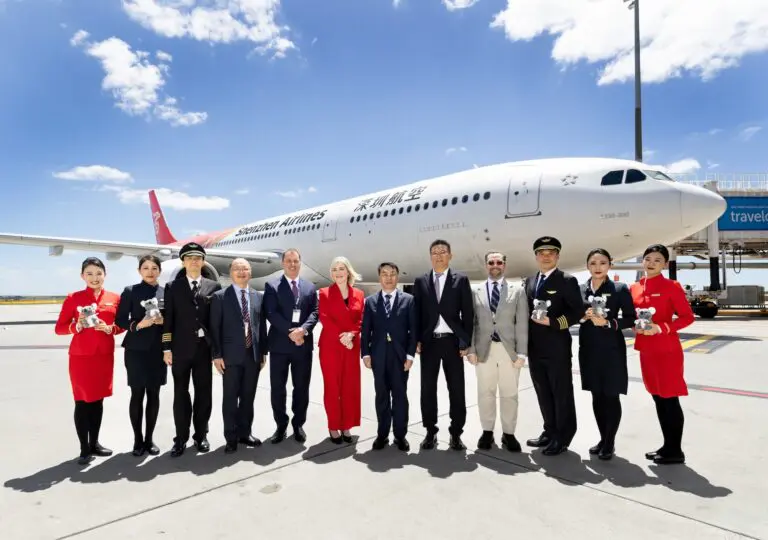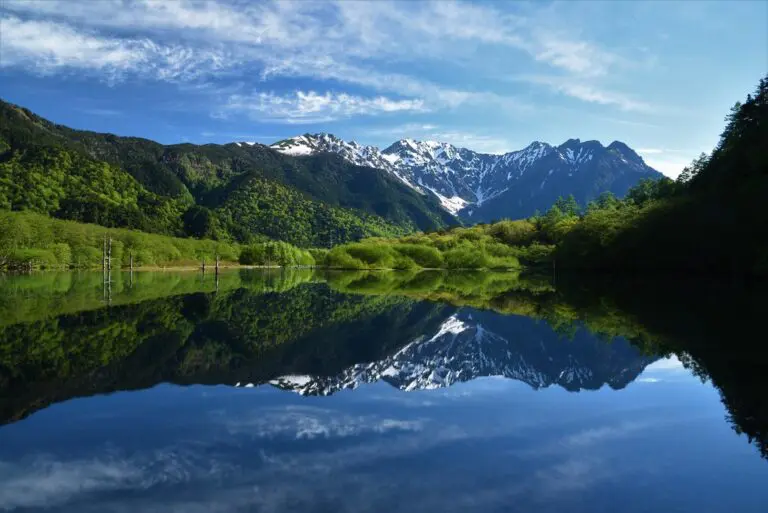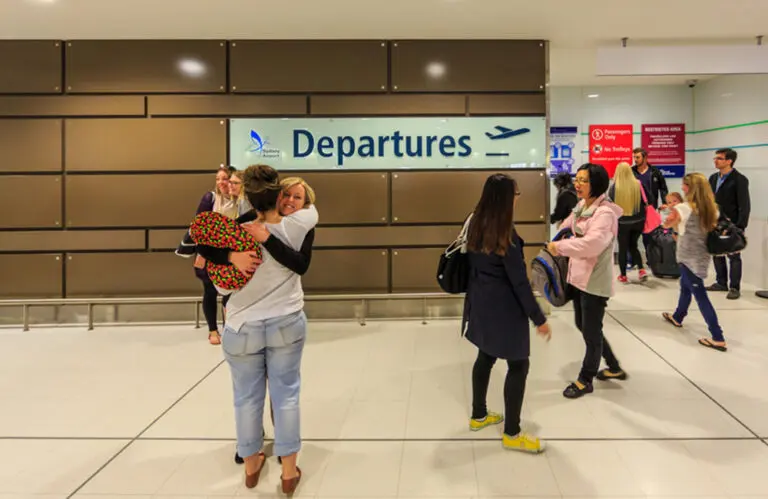For 28 years the Berlin Wall stood between the city as a divider of people, tearing apart German families, causing unnecessary casualties and stripping away human liberties.
Now, three decades after coming down, the Berlin Wall stands metaphorically as a deep reminder of how quickly political polarity can threaten simple freedoms.
While one country celebrates the anniversary of unification, others are considering severance or are already rooted in it.
Ralf Ostendorf of Visit Berlin told KARRYON that while it’s unfortunate that mankind does not always learn from the past, he remains hopeful that it can change.
“The peaceful revolution in Germany with focus on Berlin showed that mankind is able to change things. Positive thinking and life is for living.”
Ralf Ostendorf, Visit Berlin Director of Market Management
Read on for more of our chat with Ralf:
30 years have passed since the Berlin Wall came down, how is Berlin commemorating the historic day?

Ralf Ostendorf says 1m people will visit Berlin on the 30th anniversary.
Berlin is expecting about one million visitors from all over the world for 30th-anniversary celebrations of the fall of the Berlin Wall. This will run from 4-9 November.
All over the city will be more than 100 events at original places from the peaceful revolution in 1989.
For those who haven’t been, what does the site of the former site look like today?

Image: Isai Ramos/Unsplash
Berlin, of course, changed a lot since 1989 and has transformed from a “walled city“ to a “world city“.
Most of the Berlin Wall has been demolished in the past 30 years, and with many new buildings, it is sometimes hard to get a feeling what Berlin looked like when the city was divided by the wall.
But there still are places like the “Wall Museum Bernauer Straße“ where visitors can learn about divided Berlin and the world-famous Berlin Wall.
Since the wall has come down, how has German culture changed?

Image: Brian Harris/Visit Berlin
That is not easy to say and would need a lot of time to try to describe. There is no one single story to be told, there are millions of stories, and life-changing experiences. Also the population has changed over the past 30 years a lot.
Generally speaking, even though Germany has been one country now for 30 years, there still is a gap between the former west part and the former east part of Germany in the minds of many people. Especially older generations who lived with the Wall. Younger people do not think about it that much.
And how would you say the demolishment of the Wall has helped shape German tourism?

Image: Stefan Widua/Unsplash
To experience living history is quite an important reason for travellers to come to Berlin because it is the city of freedom and the symbol for the reunification of Germany. So the Wall is more connected to Berlin than to Germany in general.
Germany has many beautiful city destinations and places to visit and tourism to Germany is growing continuously for many reasons, but the demolishment of the wall is a Berlin story.
Roughly how many Australians would say visit the site of the former Berlin Wall today?

Image: Levin/Unsplash
No statistics on that. But in 2018 we had 278,000 overnights from Australia in Berlin (up 5.7 percent compared to 2017; official statistics; Airbnb etc. not included) and until June 2019 we counted 108,000 overnights, plus 14 percent compared to 2018).
Why do you think there’s so much interest from people who live halfway across the world?

Image: Brian Harris/Visit Berlin
It is a package of various reasons. Berlin is the city of freedom, a peaceful revolution has formed this still young dynamic city in the heart of Europe over the past 30 years. So, history is one main reason.
But it is also the high-end culture in Berlin, more museums than rainy days, and a unique relaxed welcoming lifestyle.
Young people from all over the world who moved to Berlin gave the capital of Germany a fresh young face, creative industries shaped a new economy, culinary Berlin and the vibrant club life also add to the unique flavour of the city.
It re-invents itself every day, the people of here create their city. That is what makes Berlin a magnet for travellers from halfway across the world.
History is there to teach us lessons, yet still today there are talks of building new walls in other destinations – what message should the world be taking away from the previous existence of the Berlin Wall and the peaceful act of demolishing it?

Image: Brian Harris/Visit Berlin
Unfortunately, it seems that mankind is not always learning from the past as present world developments show.
Populism badly enough is popular. But the peaceful revolution in Germany with a focus on Berlin showed that mankind is able to change things. Positive thinking and life is for living.





